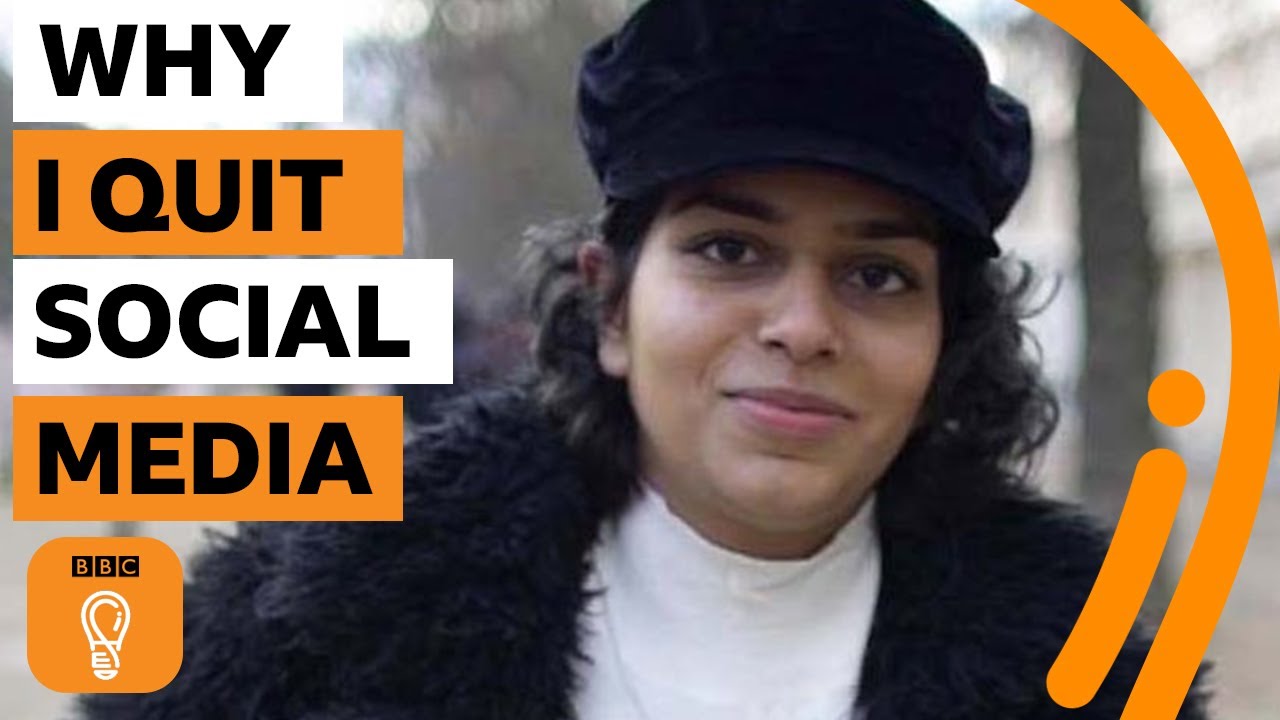Why people are choosing to quit social media

Many people make an active choice not to be on social media.
What motivates them to quit or detox from social media? Is social media ruining our lives? What are the benefits of leaving social media behind?
What benefits can be gained from disconnecting from social media?
In recent years, it has become increasingly common for people to choose to quit social media. This trend has been observed across a variety of age groups and demographics, and appears to be driven by a number of factors. In this article, we will explore the reasons why people are choosing to quit social media, as well as the potential benefits and drawbacks of doing so.
One of the primary reasons why people are quitting social media is that it can be a significant source of stress and anxiety. Social media platforms often create an environment that fosters comparison and competition, as users are bombarded with images and updates from their peers that showcase their best moments and achievements. This can lead to feelings of inadequacy and pressure to keep up, which can have a negative impact on mental health. Additionally, the constant notifications and updates can be overwhelming and distracting, making it difficult to focus on other tasks or to simply unwind and relax.
Another reason why people are choosing to quit social media is that they are becoming more aware of the negative impact it can have on their relationships and social lives. Social media can create a false sense of connection, as users may feel as though they are staying in touch with friends and family even if they haven’t actually spoken to them in person. This can lead to a lack of meaningful interactions and can make it difficult to build and maintain strong relationships outside of the digital space. Additionally, social media can be a breeding ground for negativity and conflict, as users may be more likely to engage in arguments or post inflammatory content behind the protection of a screen.
Despite these potential drawbacks, some people choose to quit social media in order to prioritize their mental health and well-being. By disconnecting from the constant noise and distractions of social media, individuals may be able to focus more on themselves and their own goals and aspirations. Additionally, quitting social media can create more space for real-world interactions and experiences, allowing for a richer and more fulfilling social life.
However, it’s worth noting that there may also be some downsides to quitting social media. For example, individuals who rely heavily on social media for work or professional networking may find it difficult to disconnect completely. Additionally, quitting social media can create a sense of isolation and disconnection from the wider world, and may limit access to news and current events.
In conclusion, there are a variety of reasons why people are choosing to quit social media. Whether it’s to reduce stress and anxiety, to prioritize real-world relationships, or to focus on personal growth and well-being, there are definitely benefits to disconnecting from the digital world. However, it’s important to weigh these benefits against the potential drawbacks, and to consider whether cutting ties with social media is the right choice for you.










How Does Uruguay Exist?
They told me gardening like This wouldn’t work, I didn’t listen
Turning My ENTIRE Ceiling Into a Light Fixture
How Recycling Machines Make New Clothes From Used Apparel
19 Savvy Hacks to Make You Extra Resourceful!